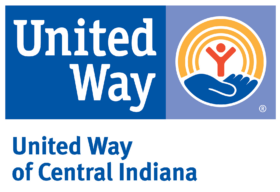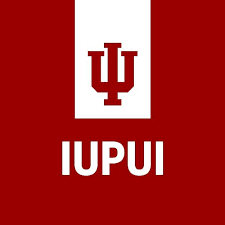This four-year United Way of Central Indiana (UWCI) program, funded with federal assistance via the Social Innovation Fund (SIF), aimed to improve financial stability among families in Indianapolis by using a two-generational approach to service delivery. The initiative focused on strengthening families in targeted communities by following Aspen Institute’s two-generation model.
Polis partnered with the IU Public Policy Institute to provide evaluation and capacity building for the initiative. Polis also summarized findings for project stakeholders and public audiences through a data dashboard, which houses the aggregate results for the program across all neighborhood sites, along with data stories summarizing program outcomes for each of the five areas/neighborhoods: Far Eastside, Near Eastside, Near Westside, Northeast side, and Northwest/Midtown.
These neighborhoods were chosen because of high crime rates and other factors such as poverty, unemployment, and low education level. These areas were already identified for revitalization by a Local Initiative Support Corporation-funded project, Great Places 2020, that seeks to transform ailing neighborhoods in dynamic centers of culture, commerce, and community. Additionally, these neighborhoods were receiving resources from the Indianapolis Mayor’s Office of Public Health and Safety, which addresses neighborhood violence.
The rationale is that the integrated two-generation approach serves the whole family, addressing key factors that impact family stability including finances, employment, education, health, and social capital. Thus, more children will enter kindergarten ready to learn and enable parents to acquire skills and credentials to have career-track jobs. As these neighborhoods leverage existing community development and improvement plans and initiatives, it is hoped families will remain in these improving neighborhoods that promote a high quality of life.





